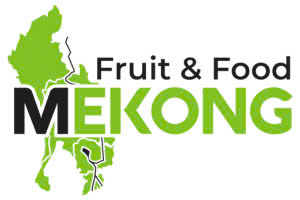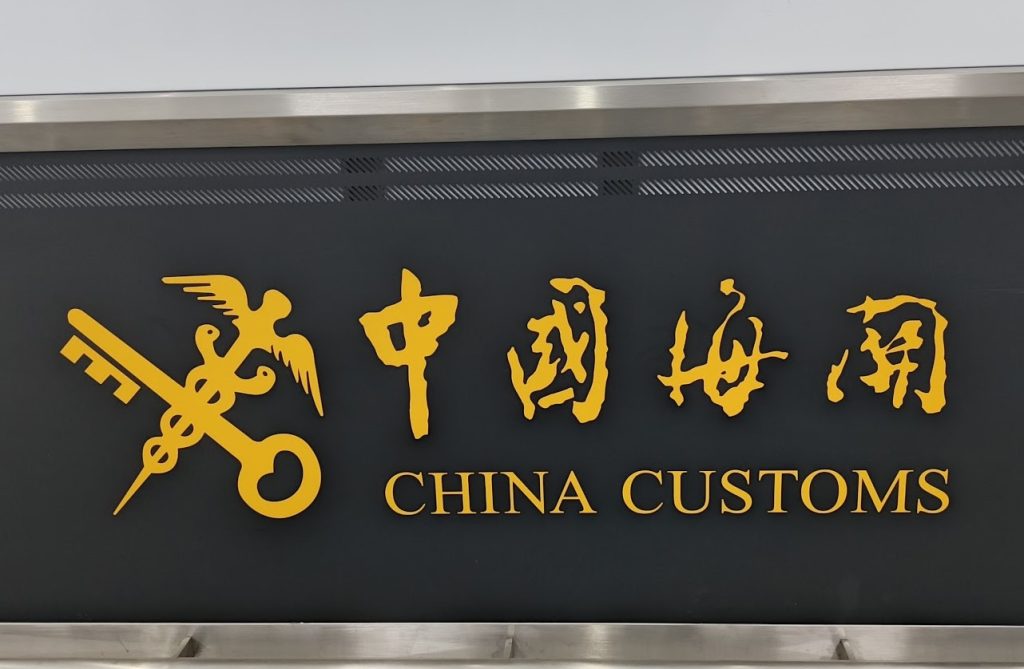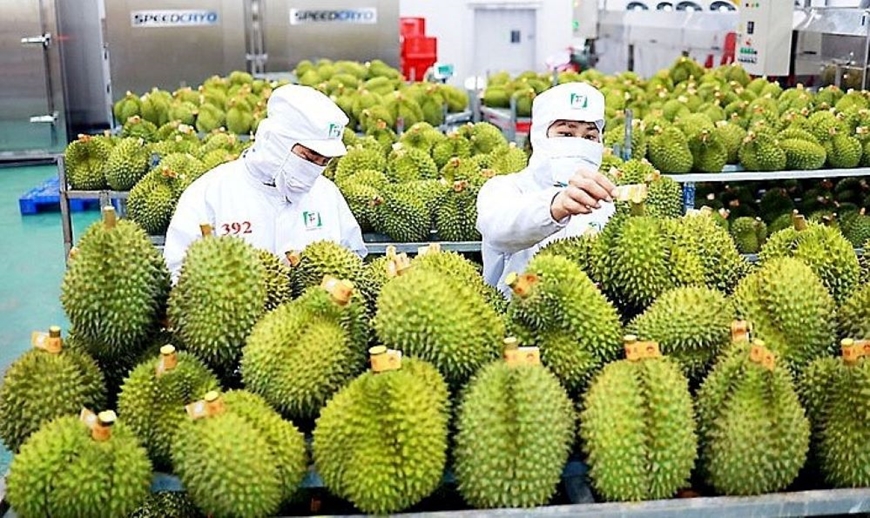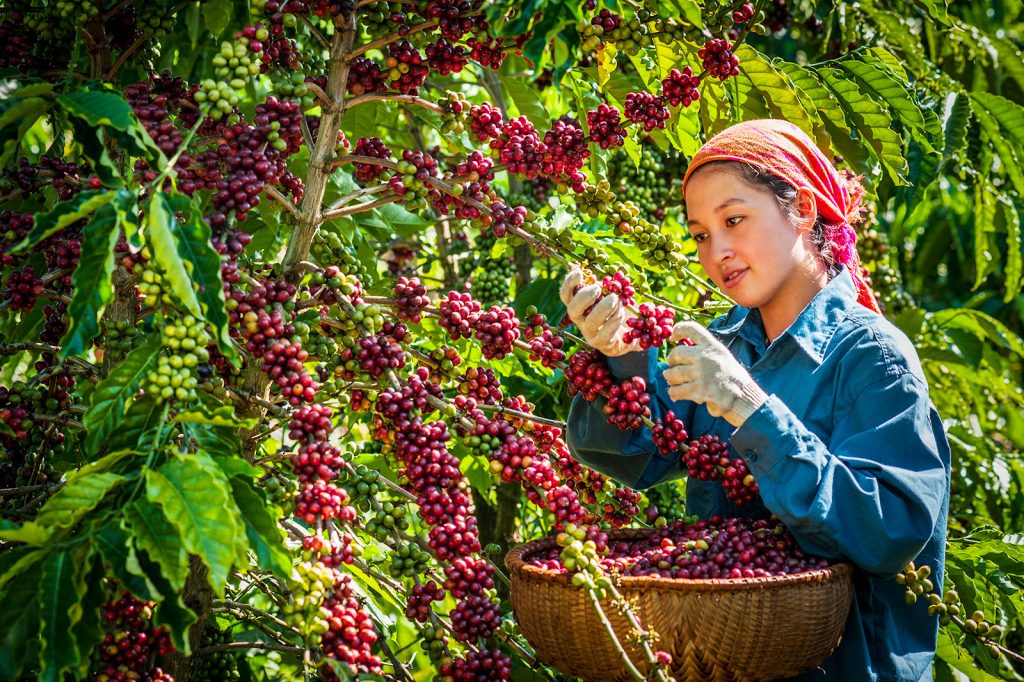ISSUED DECREE 280 OF THE GENERAL ADMINISTRATION OF CHINA CUSTOMS TAKES EFFECT ON JUNE 1, 2026
Mr. Ngo Xuan Nam, Deputy Director of the Vietnam National Sanitation and Plant Quarantine Information and Enquiry Office (SPS Vietnam) said that the General Administration of Customs of China (GACC) has just issued Decree 280 (Order 280), replacing Order 248, regulating the registration of enterprises exporting agricultural products and food to China. This Order takes effect from June 1, 2026.
According to Mr. Nam, Order 280 adds 7 important contents compared to the old regulations, directly affecting all enterprises exporting agricultural products and food to the Chinese market. Of which, three notable changes include the list of products allowed to be exported, regulations on changing business information and the mechanism for extending export codes.
Firstly, regarding the list of products allowed to be exported, Vietnam previously had 18 approved groups of goods, and businesses could register to add them if they met the requirements. However, according to the new regulations, China will publish a list of products that must be approved by a letter of introduction from the competent authority, meaning that the old mechanism with 18 groups of goods will no longer exist. Businesses need to monitor closely to avoid the situation of producing goods that are not on the list of goods cleared through customs.
Secondly, regarding changes in business information, Order 280 stipulates that if a business changes its production address, legal representative or business registration certificate, the export code will be suspended immediately and must be completely re-registered. The goal of this regulation is to ensure traceability, maintain the risk control chain, and avoid information errors during the import process. Previously, businesses only needed to notify and wait for review, causing many units in the Central Highlands and the Mekong Delta to encounter obstacles when updating information in a timely manner.
Third, a point considered to be progressive in Order 280 is the mechanism for automatically renewing export codes. Previously, businesses had to submit renewal applications within 3-6 months before the code expired. With the new regulation, establishments that fully meet the requirements will be automatically renewed for another 5 years, without having to re-submit applications.
Accordingly, GACC only excludes three cases including: products not on the list of products eligible for automatic renewal; businesses in the process of correcting violations; or when China temporarily suspends imports of products from that country. This mechanism significantly reduces administrative costs and demonstrates China’s confidence in the management system and compliance level of exporting enterprises.
In addition, Order 280 also clarifies the scope of regulation. Storage facilities such as cold storage and transit warehouses will be announced in a separate list, while primary agricultural production facilities (vegetables, fruits, grains, etc.) will have specific registration instructions.
For manufacturing enterprises serving cross-border e-commerce, China still maintains a separate management mechanism, reflecting the adaptation of GACC to the trend of supply chain globalization and the strong development of digital commerce.
In particular, China also tightens food safety and quarantine measures, especially for product packaging, an important factor in disease prevention, consumer protection and supply chain hygiene.
According to Mr. Ngo Xuan Nam, the changes in Order 280 open up both challenges and opportunities for Vietnamese enterprises in consolidating their export position to the Chinese market, especially for agricultural, forestry and aquatic products that have been granted growing area codes and qualified packaging facilities.
In the coming time, the Vietnam SPS Office will announce a list of goods that are subject to the automatic renewal mechanism, and at the same time provide detailed instructions for enterprises to proactively comply with the new regulations, avoiding the risk of having their codes suspended due to violations or changes in information that have not been re-registered.
- Does eating cereal help you lose weight effectively?
- The effects of nutritional cereals on humans !
- Vietnamese durian faces difficulties in exporting to the Chinese market!
- ISSUED DECREE 280 OF THE GENERAL ADMINISTRATION OF CHINA CUSTOMS TAKES EFFECT ON JUNE 1, 2026
- Easy Homemade Folk Cough Remedies?
Bài viết cùng chủ đề:
-
Vietnamese durian faces difficulties in exporting to the Chinese market!
-
Vietnam’s agricultural exports aim for 70 billion USD by 2025
-
Exporting Vietnamese agricultural products to EU Market through C/OForm EU.R1
-
The effects of nutritional cereals on humans !
-
Easy Homemade Folk Cough Remedies?
-
Does eating cereal help you lose weight effectively?







